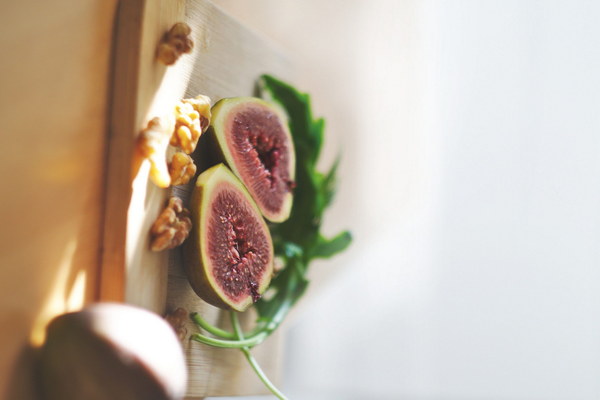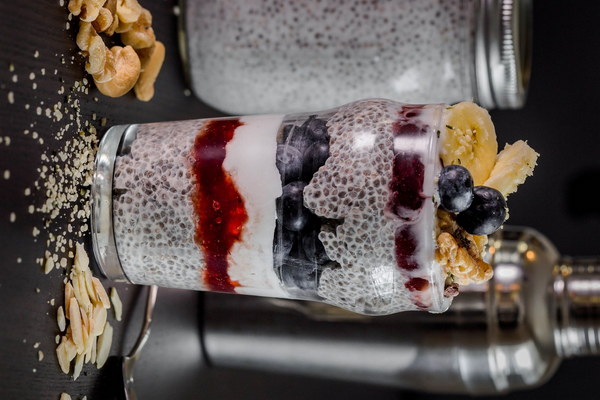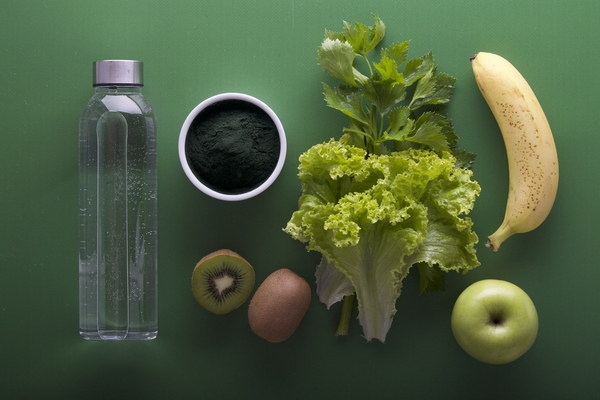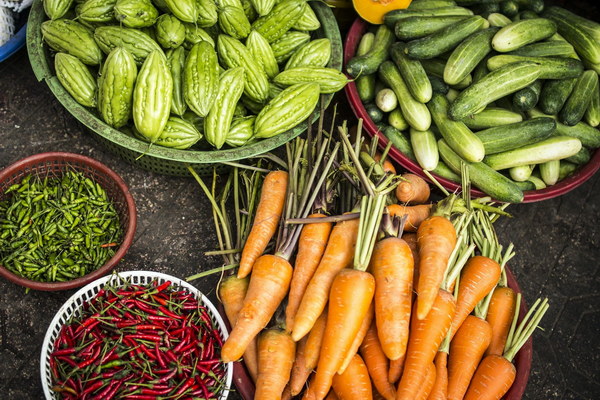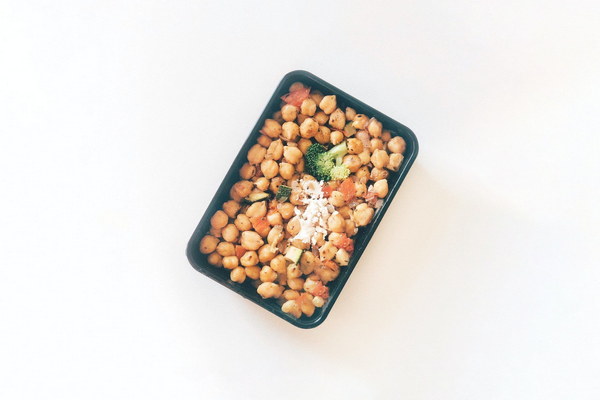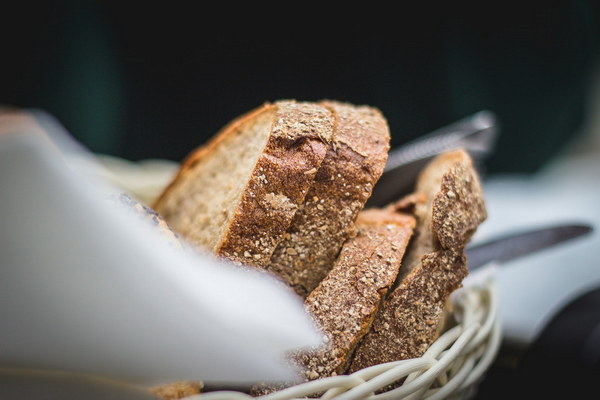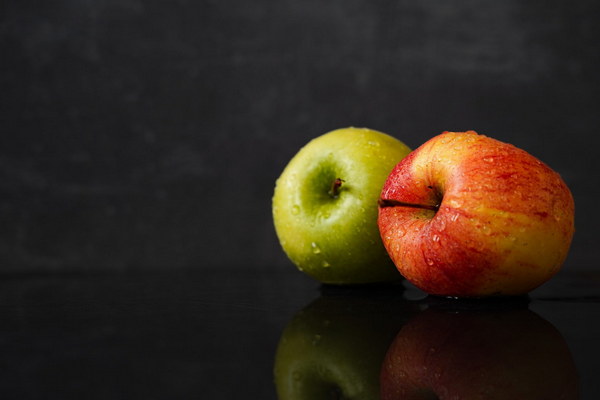Natural Blood Pressure Reduction A Nutrition-Based Approach to Heart Health
Introduction:
High blood pressure, often referred to as the silent killer, is a prevalent health concern affecting millions worldwide. While medication is a common treatment, adopting a nutrition-based approach to lower blood pressure can be equally effective and beneficial. This article delves into the world of hypertension and explores a variety of dietary strategies that can help reduce blood pressure naturally.
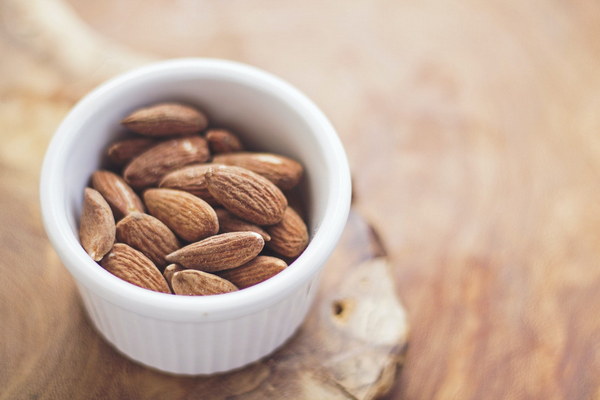
1. DASH Diet: The Dietary Approaches to Stop Hypertension (DASH) diet is a heart-healthy eating plan specifically designed to lower blood pressure. It emphasizes a balanced intake of fruits, vegetables, whole grains, lean proteins, and low-fat dairy products. By reducing the consumption of salt, red meat, sweets, and saturated fats, the DASH diet can significantly decrease blood pressure levels.
2. High Potassium Foods: Potassium is a crucial mineral that helps balance the amount of sodium in the body, which in turn can lower blood pressure. Foods rich in potassium include bananas, oranges, avocados, sweet potatoes, and leafy greens such as spinach and kale.
3. Low Sodium Diet: Excessive sodium intake is a leading cause of high blood pressure. By reducing sodium consumption, you can help lower your blood pressure. Aim for no more than 2,300 milligrams of sodium per day, and consider using herbs and spices instead of salt to flavor your meals.
4. Omega-3 Fatty Acids: Omega-3 fatty acids found in fish, nuts, and seeds have been shown to have a positive impact on blood pressure. Foods like salmon, mackerel, flaxseeds, chia seeds, and walnuts are excellent sources of omega-3s.
5. Berries: Berries such as strawberries, blueberries, raspberries, and blackberries are not only delicious but also rich in antioxidants that can help lower blood pressure. These fruits have been found to improve endothelial function, which is crucial for maintaining healthy blood pressure.
6. Dark Chocolate: Moderate consumption of dark chocolate, which is rich in flavanols, has been associated with a decrease in blood pressure. Aim for dark chocolate with a high cocoa content, as it provides the most health benefits.
7. Leafy Green Vegetables: Dark leafy greens like Swiss chard, collard greens, and spinach are packed with nutrients and can help lower blood pressure. These vegetables are rich in nitrates, which convert into nitric oxide in the body, promoting vasodilation and reducing blood pressure.
8. Herbs and Spices: Herbs and spices like garlic, onions, turmeric, and cinnamon have been shown to have blood pressure-lowering properties. Incorporating these into your daily cooking can add flavor and health benefits to your meals.
9. Hydration: Staying hydrated is essential for maintaining healthy blood pressure. Water helps regulate blood volume and can dilute the effects of sodium in the body. Aim to drink at least 8 glasses of water per day.
10. Regular Meal Timing: Eating regular, balanced meals throughout the day can help control blood pressure. Skipping meals or eating irregularly can lead to fluctuations in blood pressure.
Conclusion:
Adopting a nutrition-based approach to lowering blood pressure can be a game-changer for your heart health. By incorporating the above dietary strategies into your daily routine, you can effectively reduce your blood pressure levels without relying solely on medication. Remember, it's important to consult with a healthcare professional before making any significant changes to your diet or treatment plan. Start enjoying a heart-healthy diet today and take the first step towards a healthier life!
